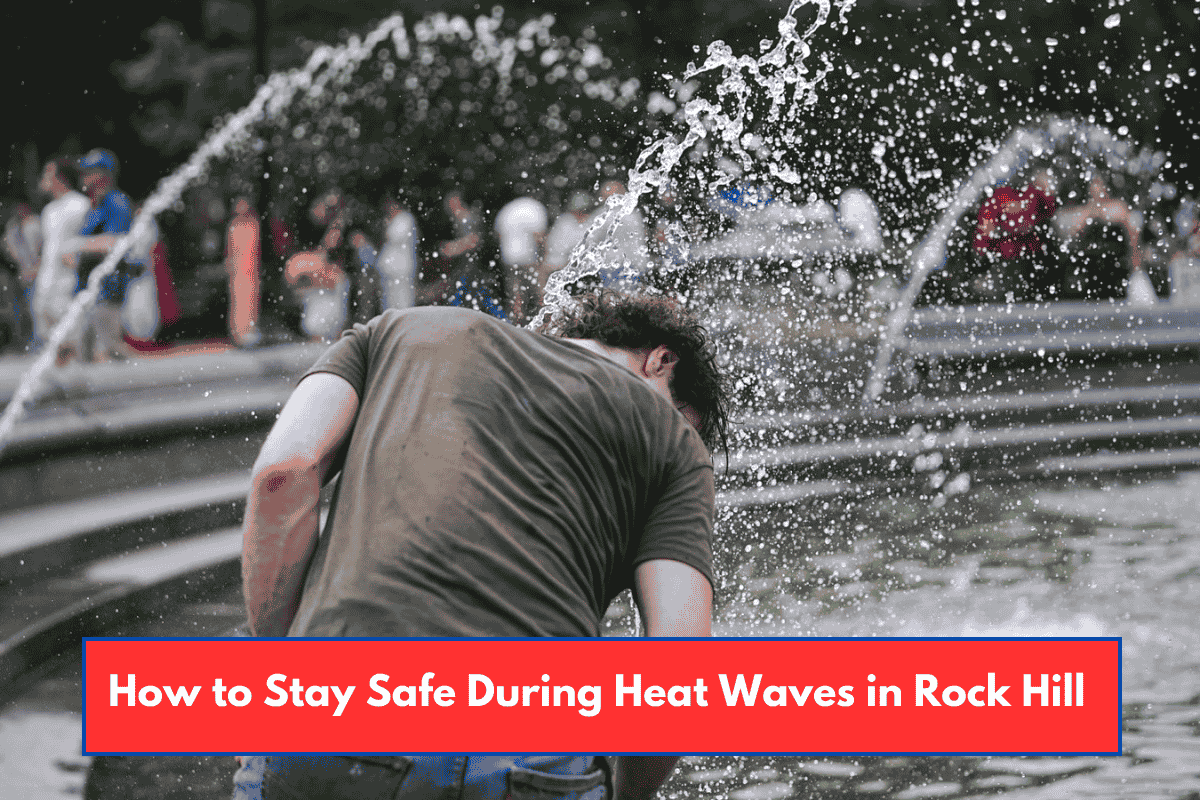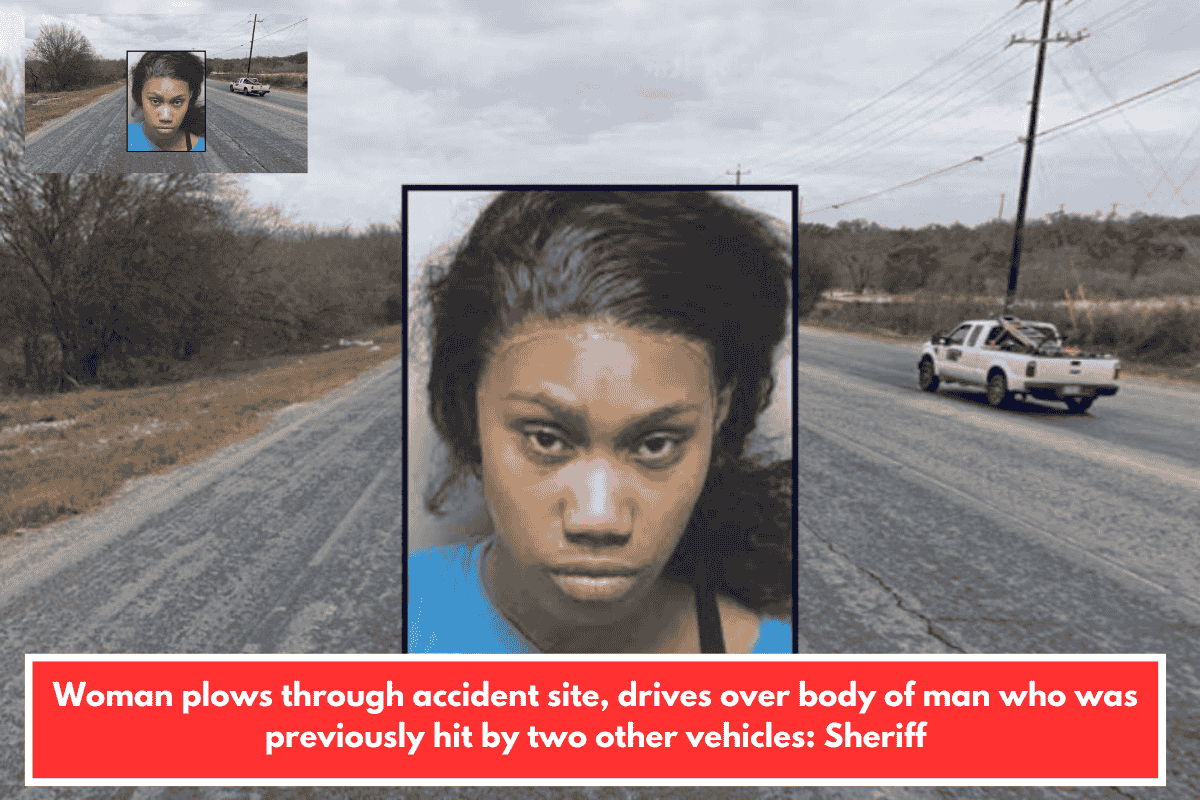To stay safe during heat waves in Rock Hill, prioritize hydration, cool shelter, light clothing, and watching for heat-related illness symptoms, especially as extreme temperatures become more frequent in 2025.
Essential Safety Steps
Stay Hydrated: Drink plenty of water throughout the day—even before feeling thirsty. Avoid drinks with caffeine or alcohol, which can dehydrate.
Dress for the Heat: Wear lightweight, loose-fitting, and light-colored clothing. Hats and sunglasses can offer extra protection if outside.
Seek Air Conditioning: Spend time in air-conditioned locations if possible. Public cooling centers, libraries, or malls may provide relief if home cooling is unavailable.
Limit Outdoor Activity: Avoid strenuous tasks, exercise, or work outdoors between 10 a.m. and 4 p.m.—the hottest part of the day. Schedule necessary outdoor time for early morning or evening.
Take Cool Showers: Use cool showers, baths, or wet towels to lower your body temperature when overheated.
Use Window Treatments: Cover windows with blinds or drapes, insulate, and use reflectors or fans to reduce heat indoors.
Protecting Vulnerable Groups
Check frequently on older adults, children, neighbors, and those with medical conditions to ensure they are staying cool and hydrated.
Never leave children, elderly, or pets in parked cars, even briefly. Temperatures inside vehicles soar rapidly and can be deadly.
Ensure pets have plenty of fresh water and shade. Beware of walking pets on hot pavement, as it can burn their paws.
Recognizing and Responding to Heat Illness
Heat Cramps: Muscle spasms, usually in legs or abdomen—move to a cooler place, drink water, and gently stretch.
Heat Exhaustion: Symptoms include clammy skin, headache, nausea, dizziness, or weakness—rest in a cool spot immediately and hydrate with water or electrolyte drinks.
Heat Stroke: Life-threatening—very high body temperature, confusion, loss of consciousness, or seizures. Call 911 and take urgent cooling measures if you suspect heat stroke.
Emergency Resources and Preparation
Monitor local weather alerts for extreme heat warnings.
Have backup plans for power outages: battery-powered radios, extra water, and emergency contacts.
If struggling with cooling costs or home repairs, contact the Low Income Home Energy Assistance Program (LIHEAP).
Staying vigilant, hydrated, and cool will help Rock Hill residents remain safe and healthy through severe heat events.
SOURCES
[1](https://www.ready.gov/heat)
[2](https://dph.sc.gov/news/dph-offers-tips-beating-heat-temperatures-rise)
[3](https://dph.sc.gov/news/south-carolina-gears-heat-safety-week-temperatures-rise)
[4](https://www.redcross.org/get-help/how-to-prepare-for-emergencies/types-of-emergencies/extreme-heat-safety.html)
[5](https://cnr.ncsu.edu/news/2025/06/5-tips-to-stay-safe-outdoors-in-extreme-heat/)














